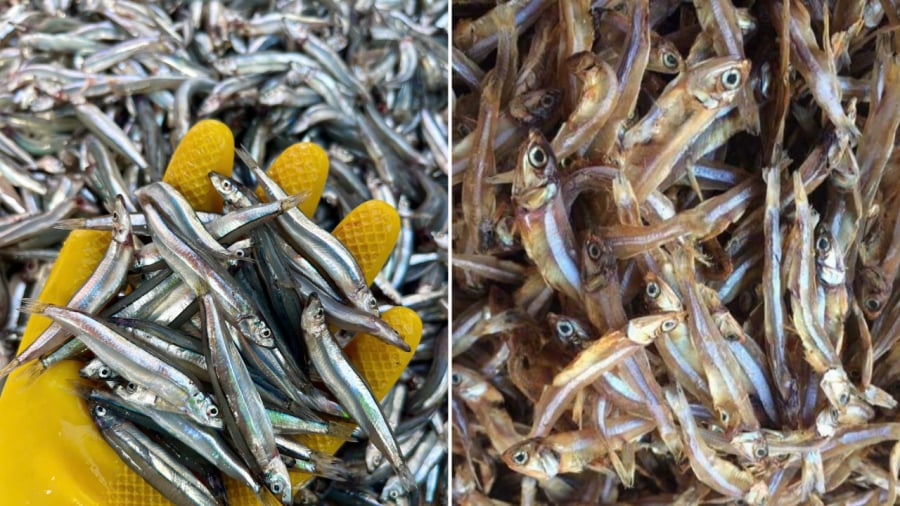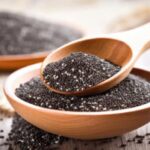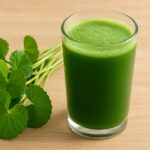Omega-3 is an essential fatty acid with multiple health benefits, particularly for the nervous system, brain, cardiovascular health, and vision. It is composed primarily of DHA (docosahexaenoic acid), EPA (eicosapentaenoic acid), and ALA (alpha-linolenic acid).
Cold-water fatty fish such as salmon, tuna, mackerel, and sardines are excellent sources of Omega-3. Among these, sardines stand out for their exceptionally high Omega-3 content.
For those with fatty liver disease, including sardines in their diet can be beneficial. Sardines are not only delicious but also packed with nutrients. They are an excellent source of Omega-3 fatty acids, particularly DHA and EPA. According to research by the World Health Organization (WHO), Omega-3 fatty acids help reduce inflammation and support liver health. This is crucial in managing liver diseases such as fatty liver and hepatitis.

Sardines: A Rich Source of Omega-3
Additionally, a study published in Hepatology journal found that dietary Omega-3 supplementation reduced liver fat and decreased inflammation and fibrosis in the liver, slowing the progression of liver disease.
Sardines are not just a rich source of Omega-3; they also provide high-quality protein, which is essential for tissue repair and regeneration. Protein from sardines can improve liver function and protect against liver damage caused by alcohol, medications, and other toxins.
Sardines also contain other important nutrients like vitamin D, zinc, and selenium. These act as powerful antioxidants; zinc boosts immunity and aids in detoxification, while selenium protects cells by neutralizing free radicals.
Sardines are widely available in Vietnamese waters and are caught in their natural habitat. With their short life span, they accumulate minimal toxins, earning a spot on the FDA’s list of the best and cleanest fish in 2019. Incorporating sardines into your meals 2-3 times a week can be a healthy choice.
4 Natural Detoxifying Vegetables for a Healthy Liver: A Family Affair
The liver is the body’s “detoxification factory”, but it is vulnerable to the onslaught of dietary habits, stress, and environmental pollution. Fortunately, there are common, easily accessible vegetables that can be incorporated into your daily meals to give your liver a helping hand. These vegetables provide a natural boost to the liver’s detoxification process, ensuring a healthier you without the need for medication.





































